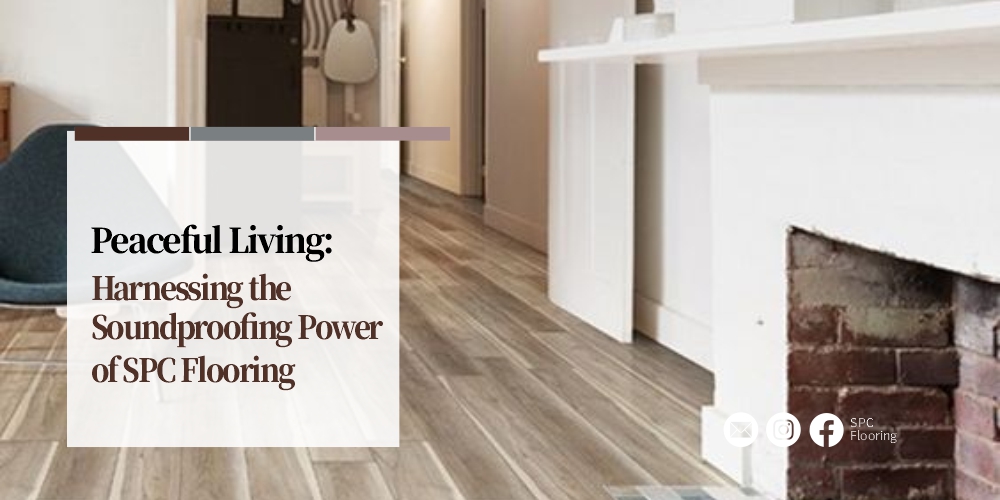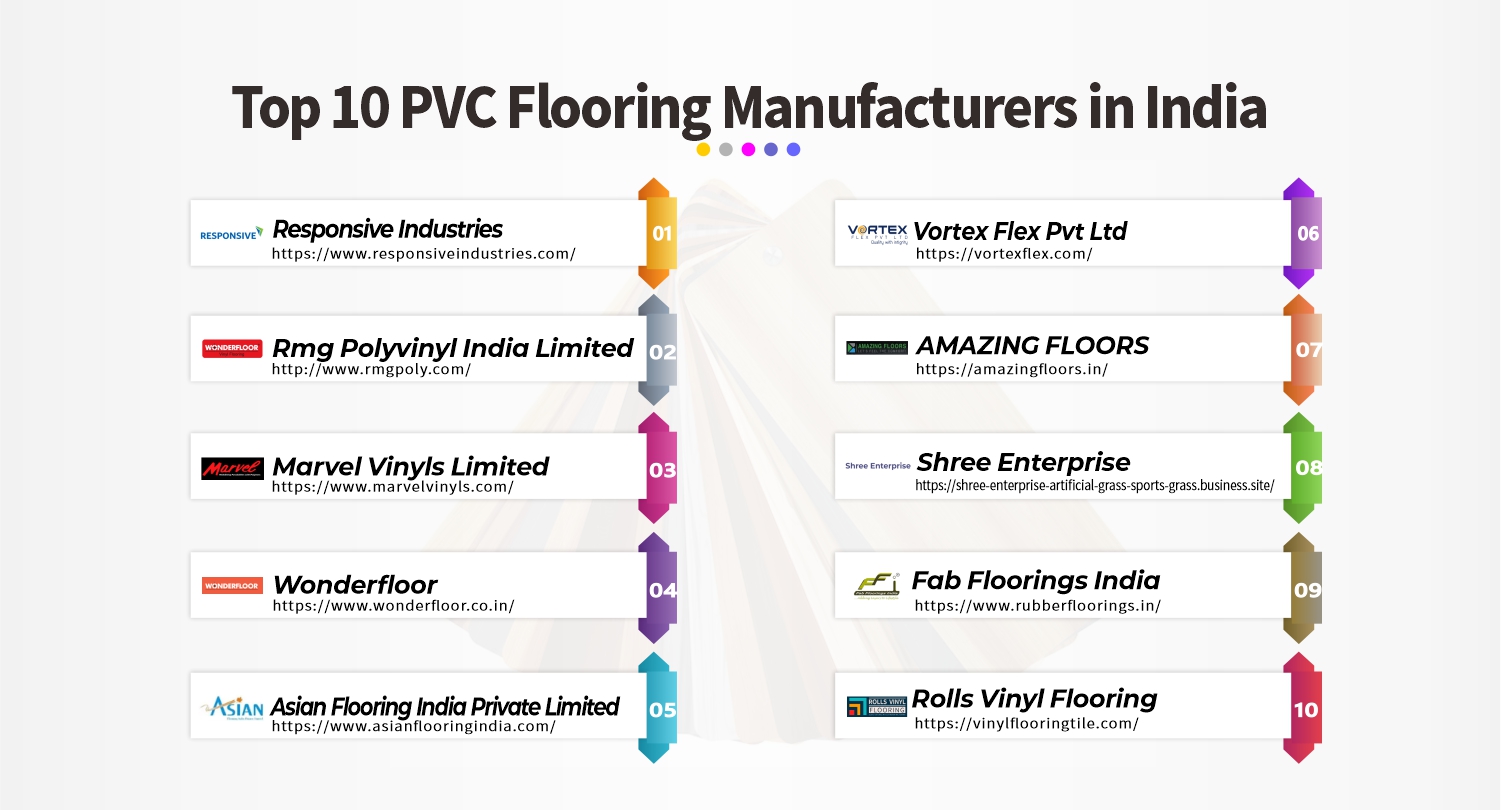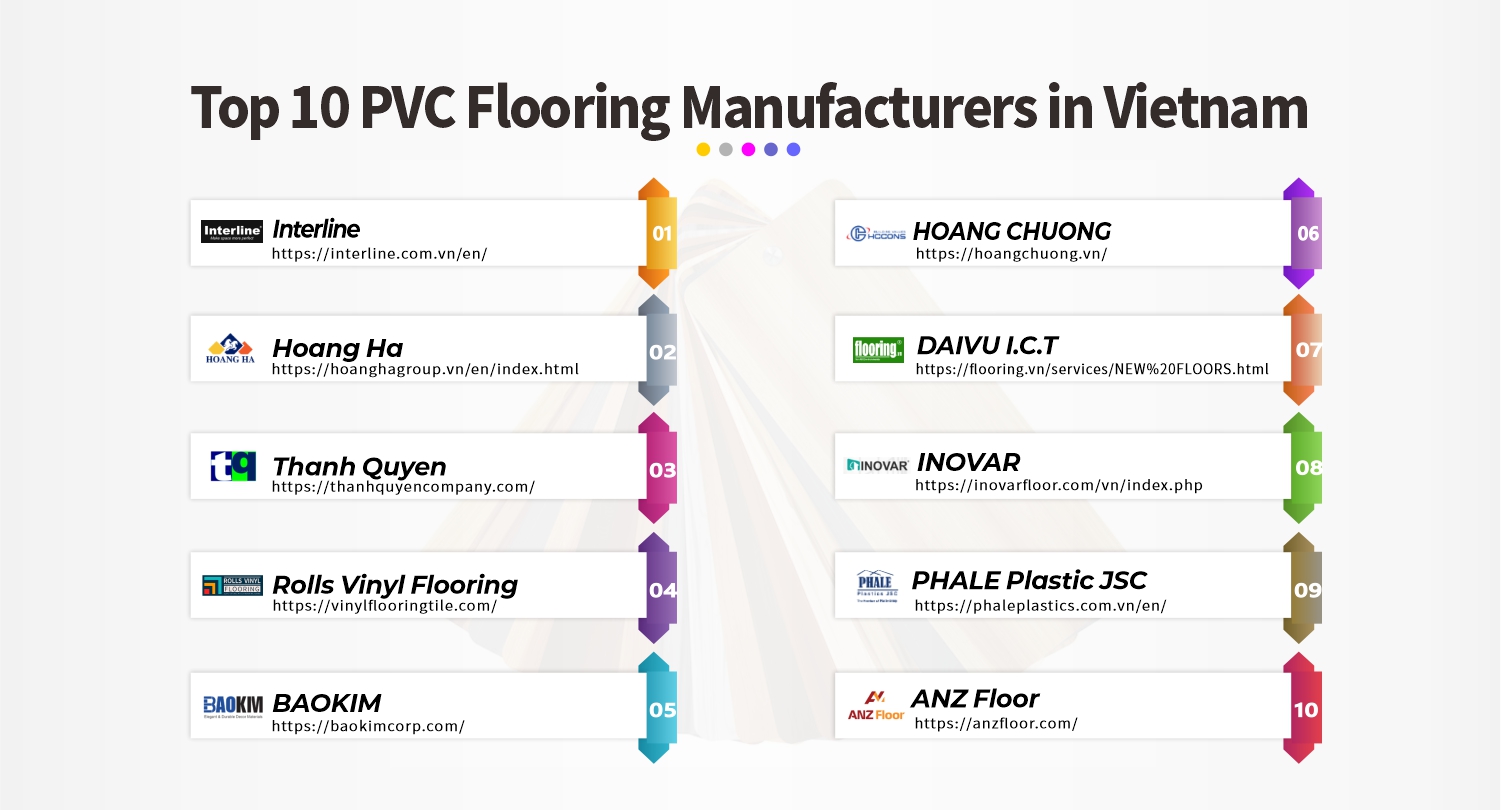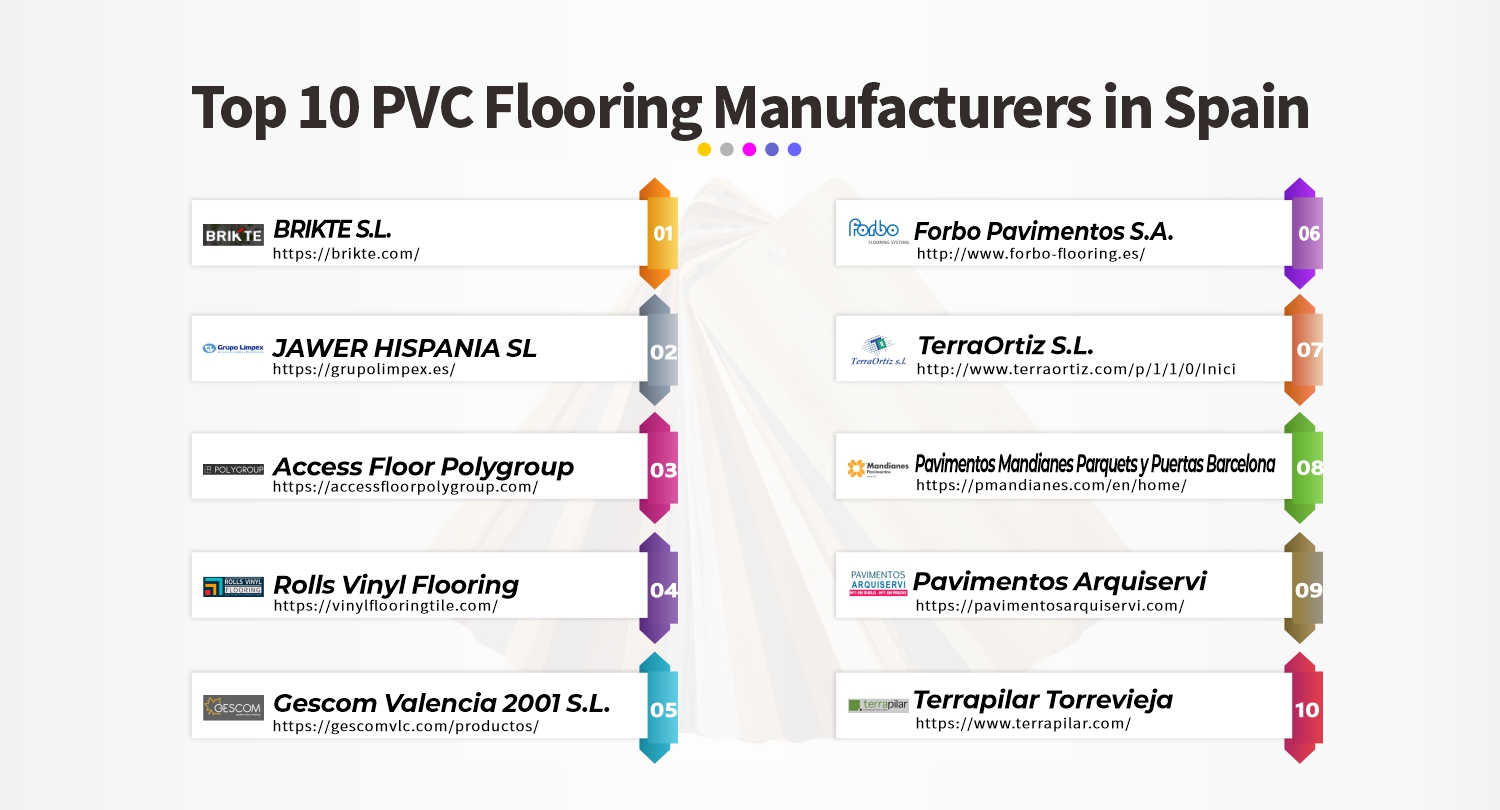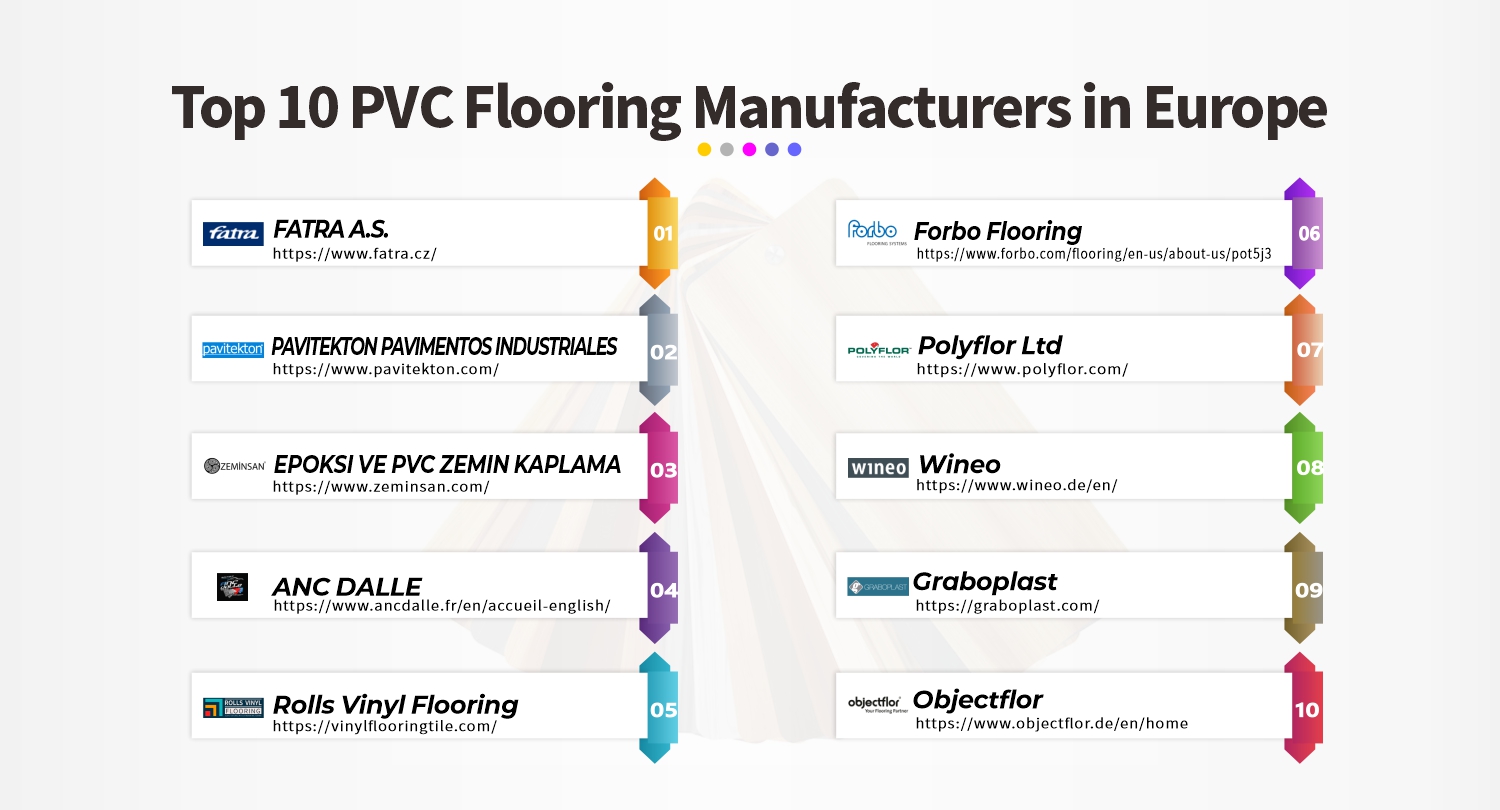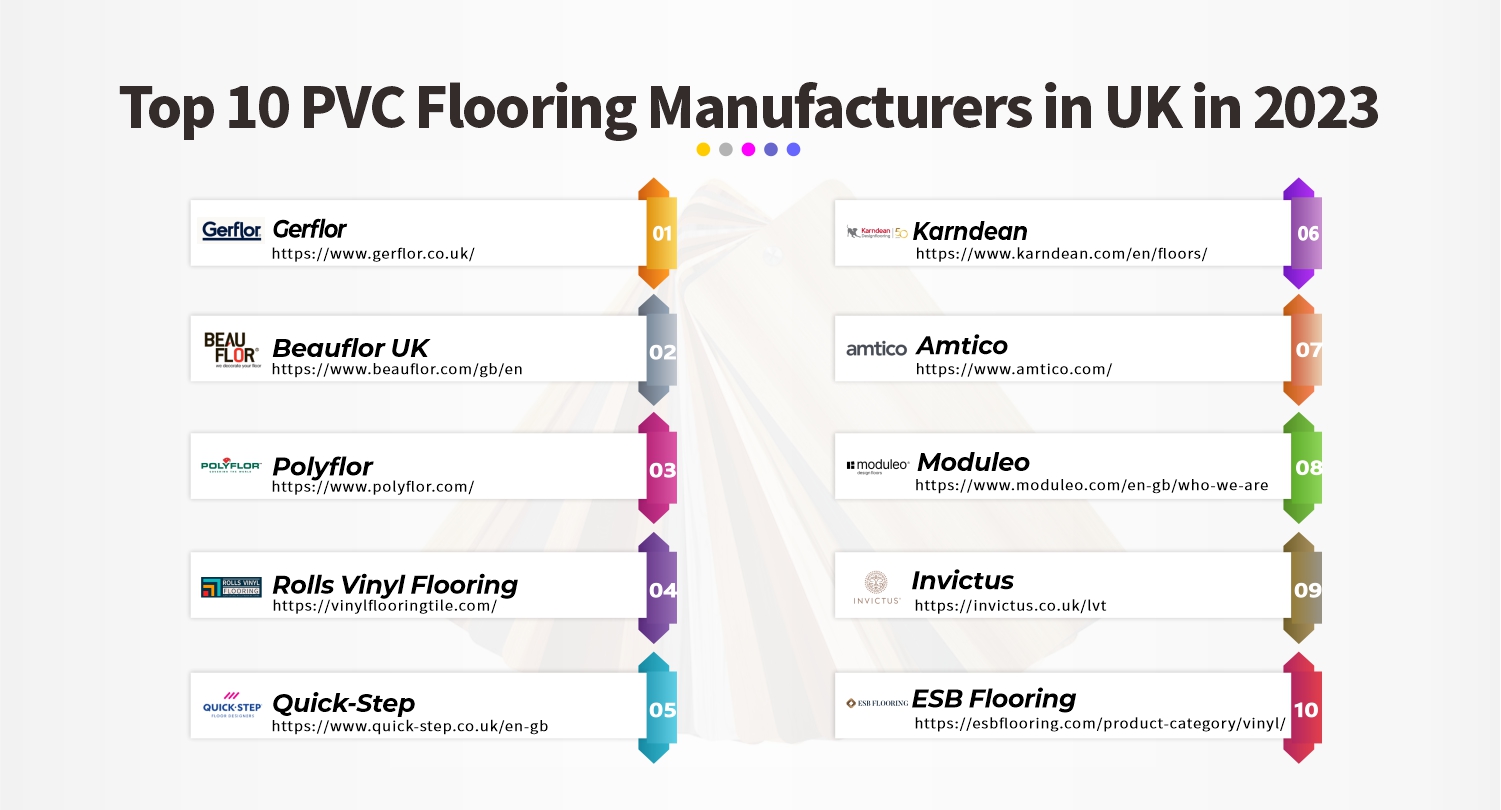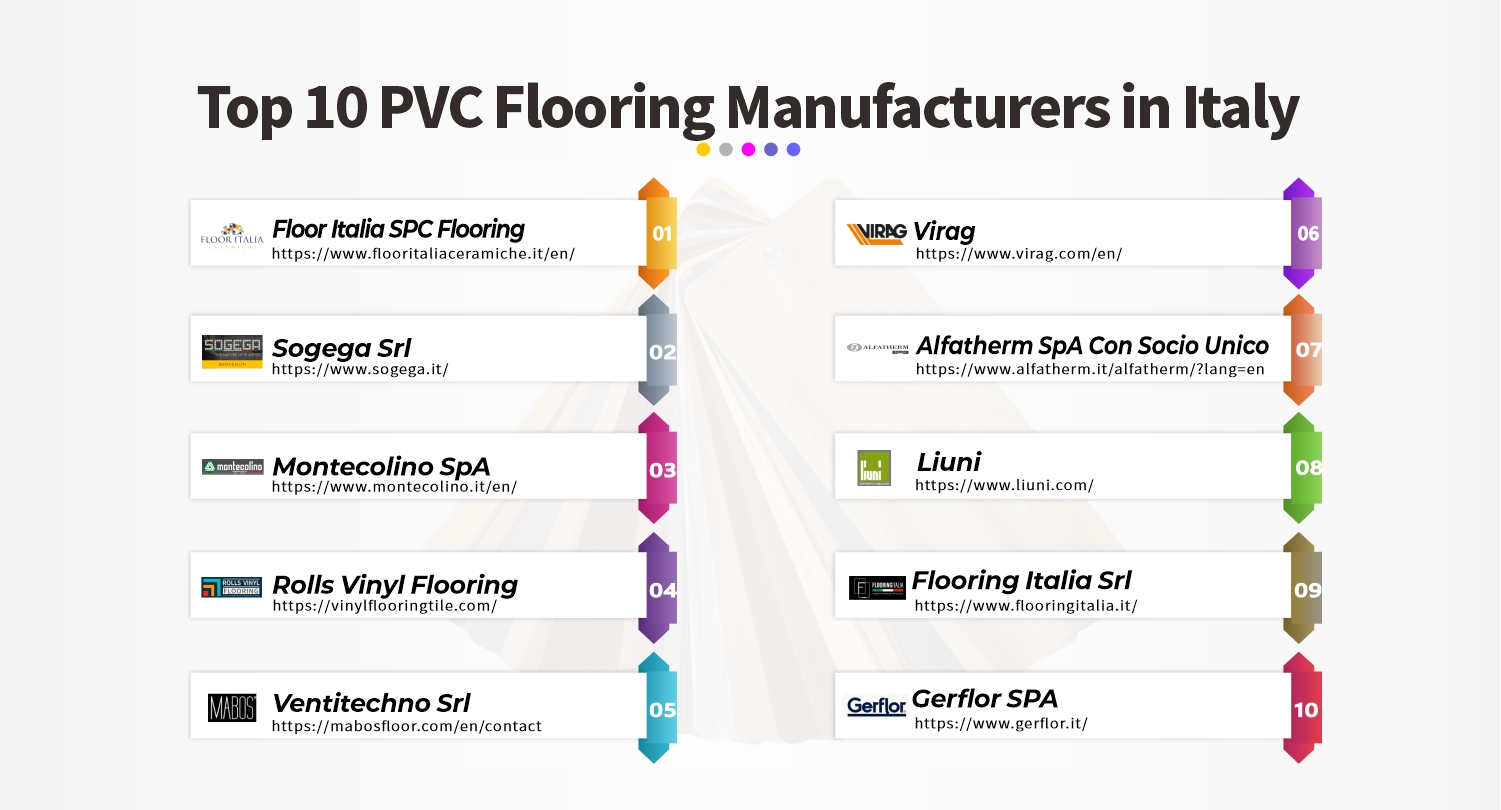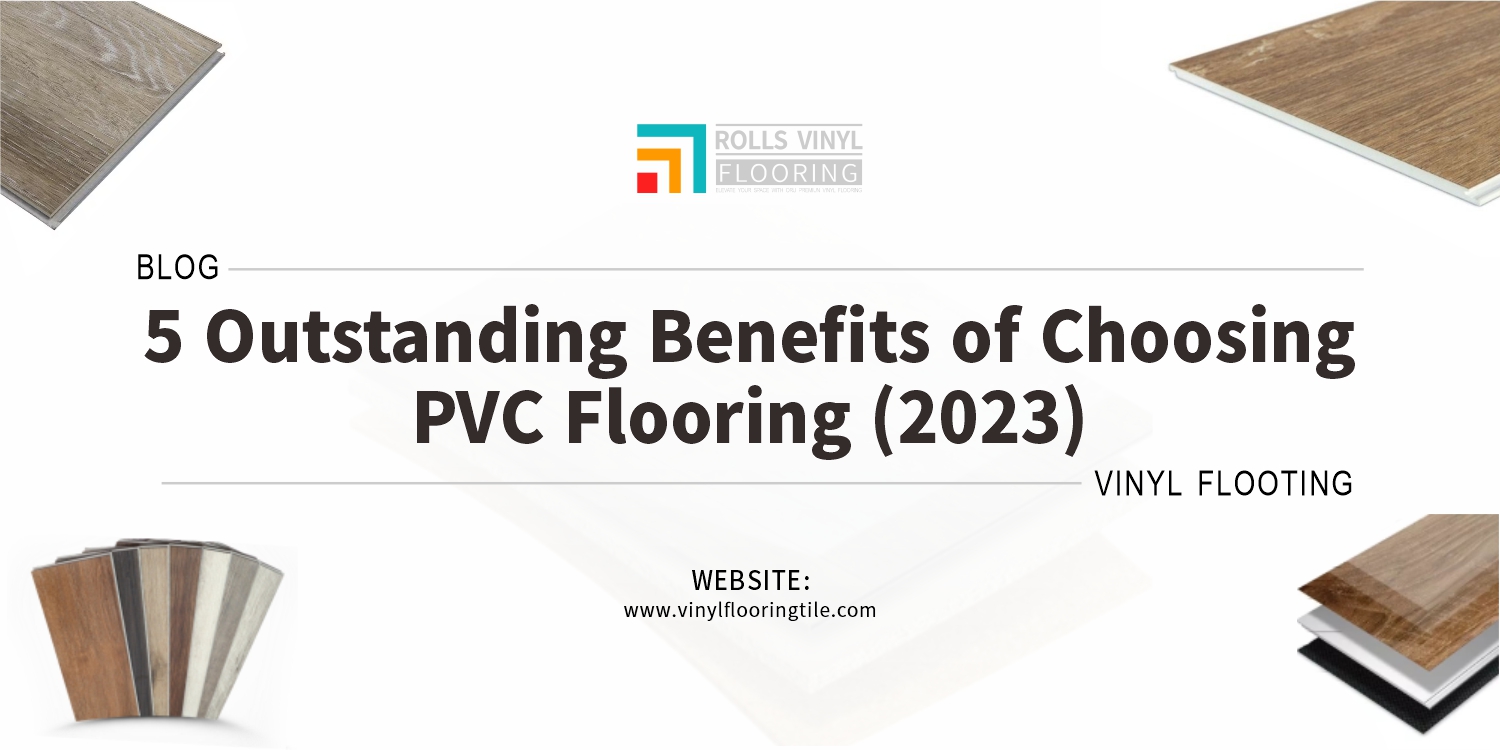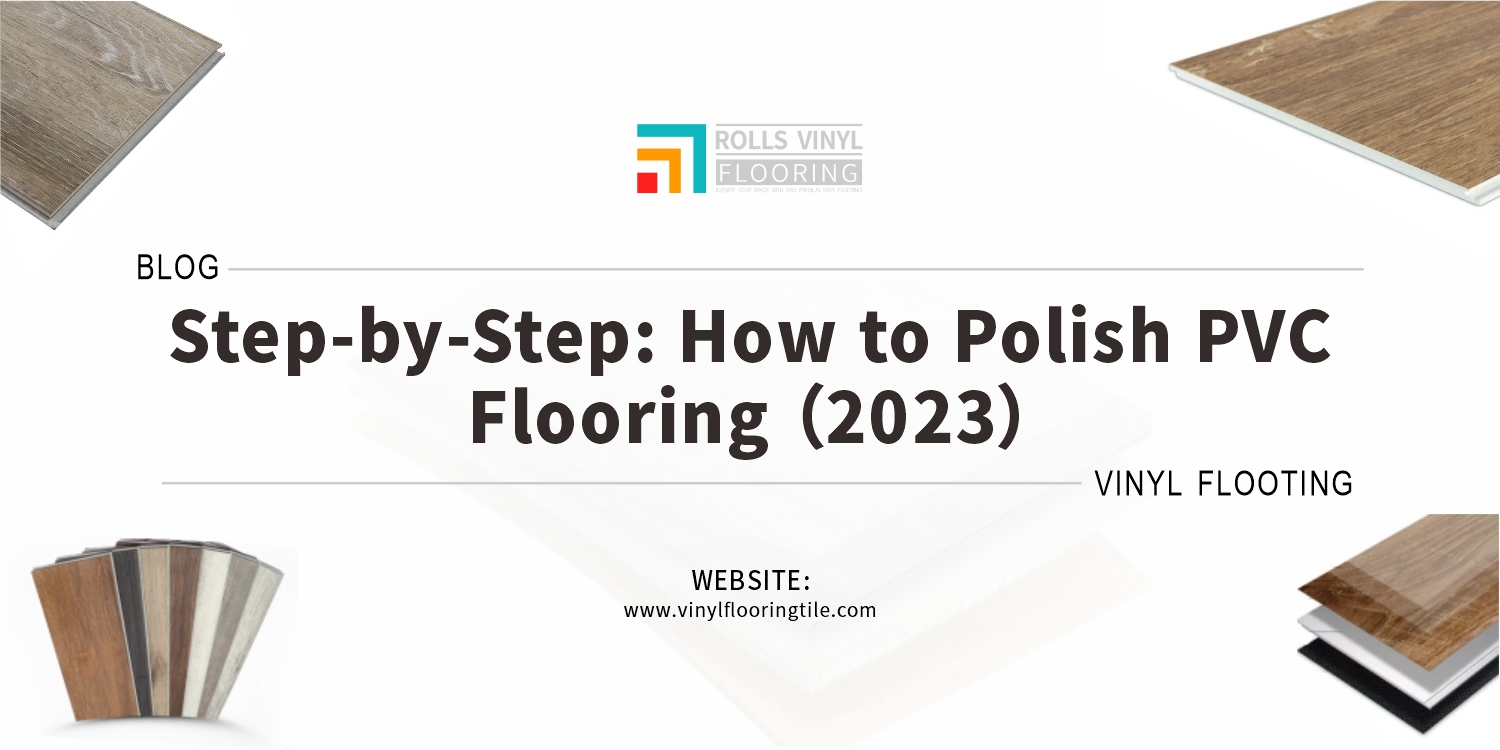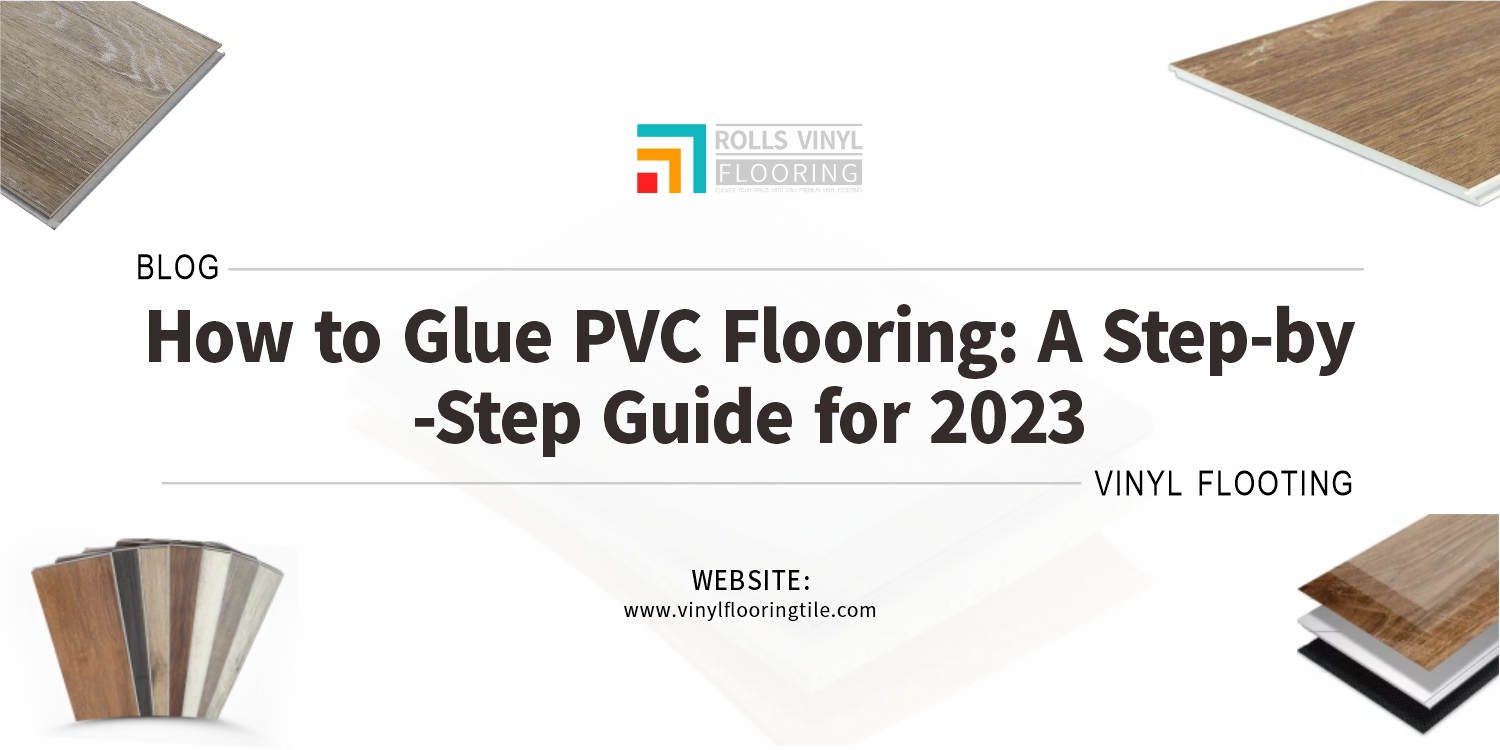Silence is golden, especially when it comes to creating a peaceful living environment. Imagine a home where outside noises are hushed, footsteps are muffled, and tranquility reigns supreme. With the remarkable soundproofing power of SPC flooring, you can transform your space into a serene sanctuary. Say goodbye to disruptive sounds and embrace a calmer, more peaceful way of living. Discover how SPC flooring can revolutionize your home and elevate your daily experience with its exceptional ability to keep unwanted noise at bay.
Soundproofing of SPC Flooring
- Understanding Soundproofing
- Soundproofing Features of SPC Flooring
- Impact Noise Reduction
- Airborne Noise Reduction
- Installation Considerations for Soundproofing
- Real-Life Applications
So why wait? Let’s dive in and discover all that Soundproofing of SPC Flooring!

Soundproofing Power of SPC Flooring
SPC (Stone Plastic Composite) flooring is a revolutionary flooring option that combines the durability of stone and the versatility of plastic. It is composed of a rigid core layer, an SPC layer, a printed design layer, and a wear layer. SPC flooring is known for its exceptional durability, water resistance, and ease of maintenance, making it a popular choice for residential and commercial applications. However, one of the standout features of SPC flooring is its remarkable soundproofing qualities, which play a significant role in creating a peaceful and serene living environment.
Importance of soundproofing in residential and commercial settings
Soundproofing is a crucial consideration in both residential and commercial settings. Excessive noise can have detrimental effects on our well-being, causing stress, sleep disturbances, and reduced productivity. Whether you live in a bustling city, have noisy neighbors, or operate a busy office or commercial space, soundproofing becomes essential to create a peaceful and harmonious atmosphere. This is where SPC flooring shines, as its unique construction and materials effectively minimize noise transmission, helping to create a quieter and more enjoyable living or working environment.
Understanding Soundproofing
Explanation of sound transmission and impact noise
Sound transmission is the movement of sound waves from one area to another, and impact noise refers to the noise generated by physical impact, such as footsteps or furniture being moved. Both types of noise can disrupt the tranquility of a space and have a negative impact on our well-being. Soundproofing involves implementing measures to reduce or eliminate the transmission of sound, creating a quieter and more peaceful environment. By understanding the principles of sound transmission and impact noise, we can effectively address these issues and enhance the overall comfort of our living or working spaces.
Benefits of soundproofing for a comfortable and peaceful environment
The benefits of soundproofing are numerous when it comes to creating a comfortable and peaceful environment. Soundproofing not only minimizes disturbances from external sources, such as traffic noise or loud neighbors, but it also helps to contain sound within a room, preventing it from spreading to other areas. This is particularly important in shared spaces or multi-story buildings, where noise can easily travel between units. A well-designed soundproofing system can significantly improve the acoustics of a space, reduce stress levels, enhance concentration, and promote better sleep quality, ultimately contributing to a higher quality of life.
Different methods and materials used for soundproofing
Soundproofing can be achieved through various methods and materials, depending on the specific needs and requirements of the space. Common techniques include adding insulation materials to walls, floors, and ceilings to absorb sound waves, using soundproof curtains or acoustic panels to reduce echoes, and installing resilient underlayment or acoustic underlays beneath flooring to minimize impact noise. Additionally, specialized soundproofing products such as soundproof doors, soundproof windows, and soundproof partitions can be utilized for targeted noise control. Each method and material has its advantages and considerations, and a tailored approach is necessary to create an effective soundproofing solution for any given space.

Soundproofing Features of SPC Flooring
Composition and structure of SPC flooring that contribute to sound reduction
The composition and structure of SPC flooring are key factors that contribute to its exceptional soundproofing capabilities. SPC flooring is constructed with multiple layers, including a dense core layer made of limestone powder, PVC, and stabilizers. This rigid core acts as an effective barrier against sound transmission, minimizing the passage of noise from one area to another. Additionally, SPC flooring is often installed with a resilient underlayment, which further enhances its soundproofing properties. The combination of these layers creates a solid foundation that significantly reduces impact noise and airborne sound, providing a quieter and more serene environment.
Dense core and resilient underlayment for noise absorption
The dense core of SPC flooring plays a crucial role in noise absorption. Its high density absorbs sound waves, preventing them from bouncing back into the room and reducing echo and reverberation. The resilient underlayment, typically made of foam or rubber, provides an additional layer of cushioning and noise absorption. It helps to dampen impact noise caused by footsteps, furniture movement, or other physical activities, ensuring a quieter space. Together, the dense core and resilient underlayment work in harmony to create a flooring surface that effectively reduces noise transmission and enhances the overall soundproofing of the area.
Acoustic properties and impact resistance of SPC flooring
In addition to its soundproofing qualities, SPC flooring exhibits excellent acoustic properties and impact resistance. It minimizes the sound of footsteps, creating a more peaceful and pleasant walking experience. The inherent sturdiness of SPC flooring also contributes to its ability to withstand impact and reduce noise caused by heavy objects or equipment. This durability ensures that the flooring remains resilient over time, maintaining its soundproofing capabilities and preserving the tranquil ambiance of the space. Whether in residential or commercial settings, SPC flooring offers a reliable solution for minimizing noise disturbances and creating a peaceful living or working environment.
Impact Noise Reduction
Minimizing footfall noise and vibrations
SPC flooring excels in minimizing footfall noise and vibrations, making it an excellent choice for areas where impact noise is a concern. The dense core and resilient underlayment of SPC flooring work together to absorb and dissipate the impact energy generated by footsteps, reducing the transfer of noise to the rooms below. This is particularly advantageous for multi-story buildings or rooms where noise transmission between floors is a common issue. With SPC flooring, you can enjoy a quieter living or working environment, free from the disruptive sounds of footfall.
Comparing impact noise reduction capabilities of SPC flooring with other flooring types
When comparing the impact noise reduction capabilities of SPC flooring with other flooring types, SPC flooring often outperforms many traditional options. Its rigid core and resilient underlayment provide superior noise absorption, resulting in reduced impact noise. Compared to hardwood or laminate flooring, which can produce a hollow sound when walked upon, SPC flooring offers a more solid and quieter feel underfoot. Additionally, SPC flooring can surpass the impact noise reduction performance of carpet, which may compress over time and lose its noise-dampening properties. SPC flooring strikes a balance between durability, ease of maintenance, and exceptional impact noise reduction.
Testing and certifications related to impact sound insulation of SPC flooring
To ensure the reliability and performance of SPC flooring in impact noise reduction, various testing methods and certifications are available. Tests such as the Impact Insulation Class (IIC) and the Delta Impact Sound Transmission Test (ΔIIC) measure the impact noise reduction capabilities of flooring materials. SPC flooring often undergoes rigorous testing to meet industry standards and certifications, providing assurance of its soundproofing qualities. Look for SPC flooring products that are certified by reputable organizations to guarantee their impact sound insulation performance and make informed decisions when selecting the right flooring solution for your space.
Airborne Noise Reduction
Reduction of airborne sound transmission through the floor
SPC flooring plays a crucial role in reducing airborne sound transmission through the floor. Airborne sound refers to sound waves traveling through the air and being transmitted from one space to another. With its dense core and resilient underlayment, SPC flooring effectively absorbs and dampens airborne sound, preventing it from passing through the floor and reaching adjacent areas. This is particularly beneficial in residential settings, where reducing noise from activities such as conversations, music, or TV can contribute to a more peaceful and enjoyable living environment.
Sound transmission class (STC) and its significance in evaluating soundproofing
The Sound Transmission Class (STC) is a rating system used to evaluate the soundproofing performance of building materials, including flooring. STC measures the ability of a material to block airborne sound, providing a standardized metric for comparing sound transmission characteristics. SPC flooring often exhibits a high STC rating, indicating its exceptional capability to minimize the passage of airborne noise. A higher STC rating signifies better soundproofing performance, offering enhanced privacy and tranquility within your space.

How SPC flooring helps in blocking sound transfer between floors
SPC flooring helps in blocking sound transfer between floors by virtue of its construction and materials. The dense core of SPC flooring acts as a barrier, impeding the propagation of sound waves through the floor. This prevents airborne noise, such as voices or music, from traveling vertically between floors. Additionally, the resilient underlayment enhances the soundproofing properties by absorbing and dissipating airborne sound energy. Together, these features of SPC flooring create an effective shield against airborne noise, allowing you to enjoy a quieter and more serene living environment.
Installation Considerations for Soundproofing
Proper subfloor preparation to maximize soundproofing effectiveness
Proper subfloor preparation is crucial to maximize the effectiveness of soundproofing when installing SPC flooring. It is essential to ensure that the subfloor is clean, level, and free from any imperfections that could compromise the soundproofing properties of the flooring. By addressing any issues with the subfloor, such as cracks or unevenness, you can create a solid foundation for the SPC flooring, allowing it to perform optimally in reducing noise transmission.
Use of underlayment and additional soundproofing materials during installation
The use of underlayment and additional soundproofing materials during the installation of SPC flooring can further enhance its soundproofing capabilities. Underlayment acts as an additional layer of insulation, providing improved noise absorption and reducing impact noise. There are various types of underlayment available, such as foam or rubber, designed specifically for soundproofing purposes. Additionally, incorporating soundproofing materials, such as acoustic barriers or resilient soundproofing mats, can provide an extra layer of noise reduction. These materials work in synergy with the SPC flooring to create a more effective soundproofing system.
Importance of professional installation for optimal soundproofing results
Professional installation is essential to achieve optimal soundproofing results with SPC flooring. Experienced installers have the knowledge and expertise to ensure that the flooring is properly installed, including the correct placement of underlayment and any additional soundproofing materials. They understand the importance of following manufacturer guidelines and industry best practices, which can significantly impact the soundproofing effectiveness of the flooring. By entrusting the installation to professionals, you can have confidence in the quality of the workmanship and maximize the soundproofing benefits of your SPC flooring.
Real-Life Applications
Residential settings: Bedrooms, living rooms, and apartments
SPC flooring finds extensive use in residential settings, particularly in areas where noise reduction is crucial. Bedrooms, living rooms, and apartments benefit greatly from the soundproofing qualities of SPC flooring. In bedrooms, SPC flooring helps create a tranquil environment conducive to restful sleep by minimizing the impact of external noises. In living rooms, it reduces the transmission of sound from one room to another, allowing family members to engage in different activities without disturbing each other. In apartments, SPC flooring acts as a barrier against noise from neighboring units, promoting a peaceful and comfortable living experience.
Commercial environments: Offices, hotels, and retail spaces
Commercial environments also benefit from the soundproofing capabilities of SPC flooring. Offices, hotels, and retail spaces require a calm and conducive atmosphere for work, relaxation, and customer satisfaction. SPC flooring effectively reduces noise transmission, creating a quieter workspace that enhances focus and productivity. In hotels, it helps maintain privacy between rooms, ensuring a peaceful stay for guests. Retail spaces can benefit from the soundproofing qualities of SPC flooring by minimizing noise disruptions and providing a pleasant shopping experience.
Case studies highlighting the soundproofing benefits of SPC flooring
Numerous case studies highlight the soundproofing benefits of SPC flooring in real-life applications. These studies showcase the positive impact of SPC flooring in reducing noise disturbances and creating peaceful environments. They demonstrate how SPC flooring effectively minimizes airborne and impact noise, improving the overall comfort and quality of living or working spaces. These case studies provide valuable insights into the practical application and effectiveness of SPC flooring in various scenarios, reinforcing its reputation as an excellent solution for soundproofing.
Limitations and Considerations
Impact of subfloor quality on soundproofing performance
The quality of the subfloor can impact the overall soundproofing performance of SPC flooring. Even with its excellent soundproofing properties, if the subfloor is not properly prepared or lacks sufficient insulation, it can undermine the effectiveness of the flooring. It is important to address any subfloor issues, such as cracks or unevenness, before installing SPC flooring to ensure optimal soundproofing results.
Combination with additional soundproofing techniques for enhanced results
While SPC flooring provides significant soundproofing benefits on its own, combining it with additional soundproofing techniques can further enhance the results. For instance, incorporating acoustic underlayment or soundproofing mats beneath the SPC flooring can provide an extra layer of noise reduction. Additionally, utilizing sound-absorbing materials on walls or ceilings can complement the soundproofing capabilities of SPC flooring, creating a more comprehensive solution for noise control.
Importance of understanding the specific noise requirements and limitations of SPC flooring
It is essential to understand the specific noise requirements and limitations of SPC flooring. While SPC flooring offers effective soundproofing, it may not completely eliminate all types of noise. Understanding the expected noise levels and considering factors such as the building structure, surrounding environment, and personal preferences will help set realistic expectations for the soundproofing performance of SPC flooring. Consulting with professionals or experts in the field can provide valuable insights and guidance in determining the most suitable soundproofing approach for your specific needs.

In conclusion, SPC flooring offers a powerful solution for soundproofing, enabling peaceful living and working environments. Its dense core, resilient underlayment, and acoustic properties effectively minimize both impact and airborne noise transmission. By following proper maintenance and care tips, such as regular cleaning routines and preventive measures, the soundproofing qualities of SPC flooring can be maintained over time. It finds wide-ranging applications in residential and commercial settings, enhancing comfort, privacy, and productivity. While considering the limitations and combining it with additional soundproofing techniques can optimize results, SPC flooring stands as a reliable choice for those seeking a quieter and more serene living space. Harness the soundproofing power of SPC flooring and experience a truly tranquil environment.

